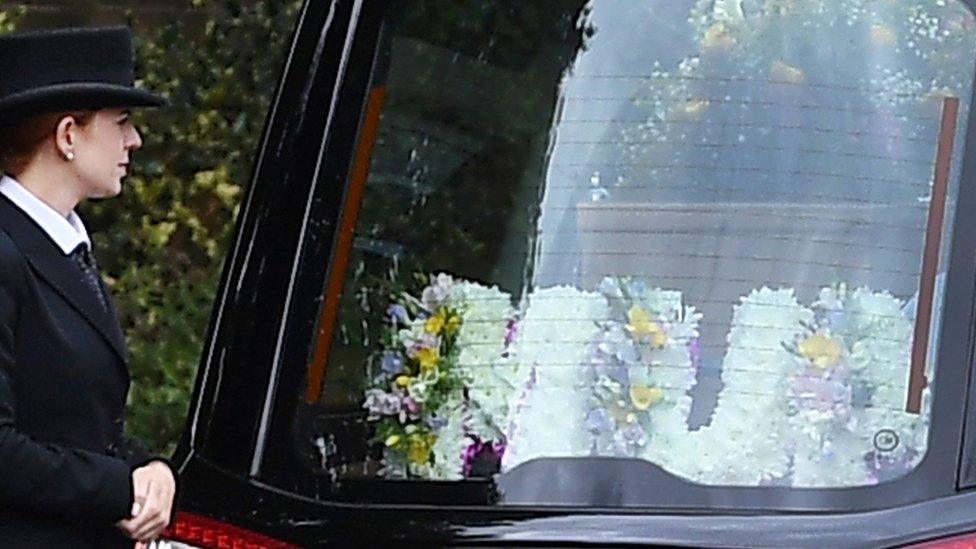Novichok attack inquest promises Russia scrutiny
- Published
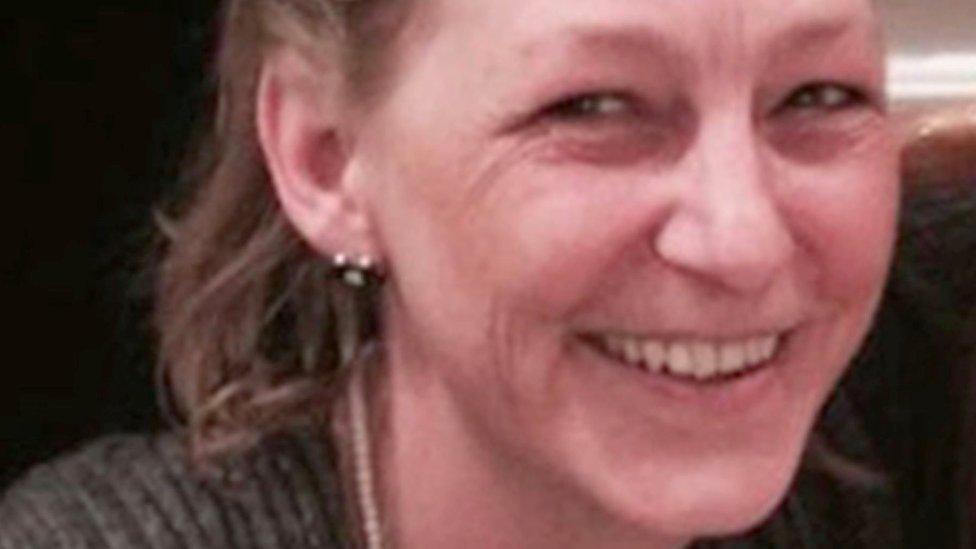
Dawn Sturgess died after collapsing at Charlie Rowley's flat in Amesbury, near Salisbury
A retired judge has widened the scope of an inquest into the death of a woman who came into contact with the nerve agent Novichok to allow scrutiny of the role played by the Russian state.
Dawn Sturgess, 44, died in hospital in Salisbury, Wiltshire, in July 2018.
Baroness Hallett said the inquest would be "fair, fearless and thorough".
Ms Sturgess' death followed the attempted poisoning of former Russian double-agent Sergei Skripal and his daughter Yulia.
Lady Hallett said she would examine:
The life and death of Dawn Sturgess, including the medical causes and the treatment she was given
The poisoning of Sergei and Yulia Skripal
The suspected involvement of two Russian GRU officers, using the aliases Alexander Petrov and Ruslan Boshirov
Who directed the Russian agents
The source of the Novichok nerve agent
Any involvement of the Russian state in directing the attack on Mr Skripal
The police and public health response to the poisoning and the searches
Her decision is preliminary and will depend on the disclosure of evidence.
Ms Sturgess collapsed at her partner Charlie Rowley's home in Amesbury, eight miles from Salisbury, on 30 June 2018 when she came into contact with a perfume bottle containing Novichok.
The mother-of-three died in hospital on 8 July. Mr Rowley, who also came into contact with the substance, was seriously ill but recovered.
The family of Ms Sturgess and Mr Rowley both supported the widening of the investigation.
Lady Hallett was told at a pre-inquest review earlier that an inquest might not be able to consider top secret information from the security services.
She is considering whether to convert it into a full public inquiry, which would be able to hold closed hearings with full access to intelligence documents.
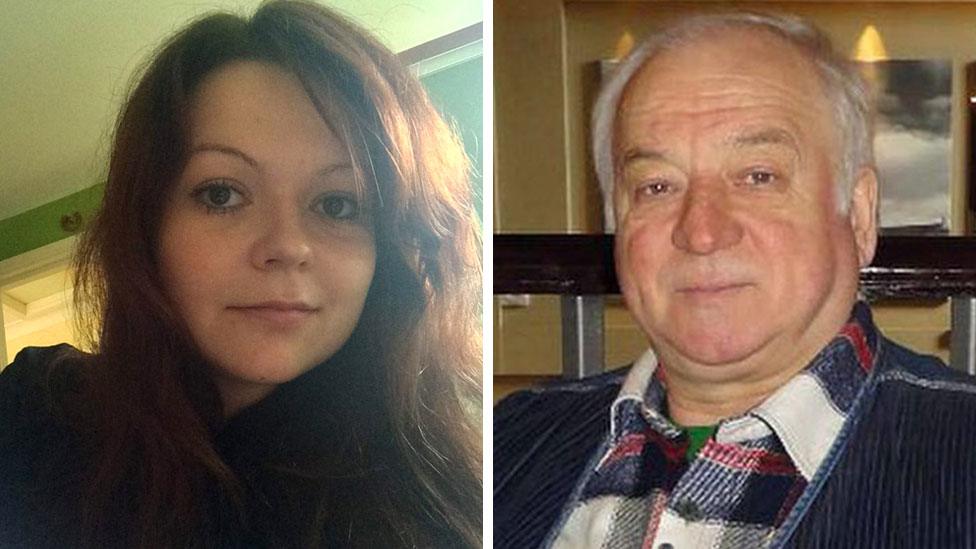
Sergei Skripal and his daughter Yulia survived the poisoning attempt
She was warned by counsel for the Home Secretary that it could take two years to gather all the evidence available, because of the need to divert security services and military staff from day-to-day work against "hostile actors".
Lady Hallett said the family and friends of Ms Sturgess had "lost not only a loved one but in circumstances that attracted national and international attention".
She said they and all those in the county of Wiltshire "have my assurance I will conduct a thorough investigation".
The former appeal court judge said she would also "address public fears and suspicion" relating to the circumstances of the death.
Mr Skripal and his daughter Yulia, 33, were found unconscious on a park bench in Salisbury four months before Ms Sturgess' death. Both survived the poisoning.
Lady Hallett was appointed to hear the inquest after High Court judges ordered the Wiltshire coroner David Ridley to reconsider its parameters in July.
Conspiracy to murder
Mr Ridley initially stated the inquest would not consider the actions of other Russians or the Russian state, nor would it consider where the nerve agent came from.
However, lawyers for the family successfully argued Mr Ridley was wrong to limit the scope of the inquest.
Independent investigator, the Organisation for the Prohibition of Chemical Weapons, has confirmed the chemical that killed Ms Sturgess was the same type of nerve agent that had been used to poison the Skripals.
Police said following the attack there was sufficient evidence to charge the Russians referred to as Mr Petrov and Mr Boshirov with offences including conspiracy to murder.
The men denied any involvement and claimed they were only in Salisbury for a sightseeing tour of the cathedral.
'Interested parties'
Russia has also repeatedly denied its involvement and President Vladimir Putin asserted the suspects were merely civilians, and not military officers.
The poisonings further increased tension between Westminster and the Kremlin.
Andrew O'Connor QC, counsel to the inquest, said efforts had been made to engage with Mr Petrov and Mr Boshirov in recent years, but their requests had gone unanswered.
On that basis he said they should not be considered "interested parties" in the inquest, meaning they will not be able to ask questions during the hearing.
The coroner agreed and said their previously granted interested-party status would be removed due to their previous lack of co-operation with the investigation.
The hearing at the Royal Courts of Justice continues.
- Published29 January 2021

- Published24 July 2020
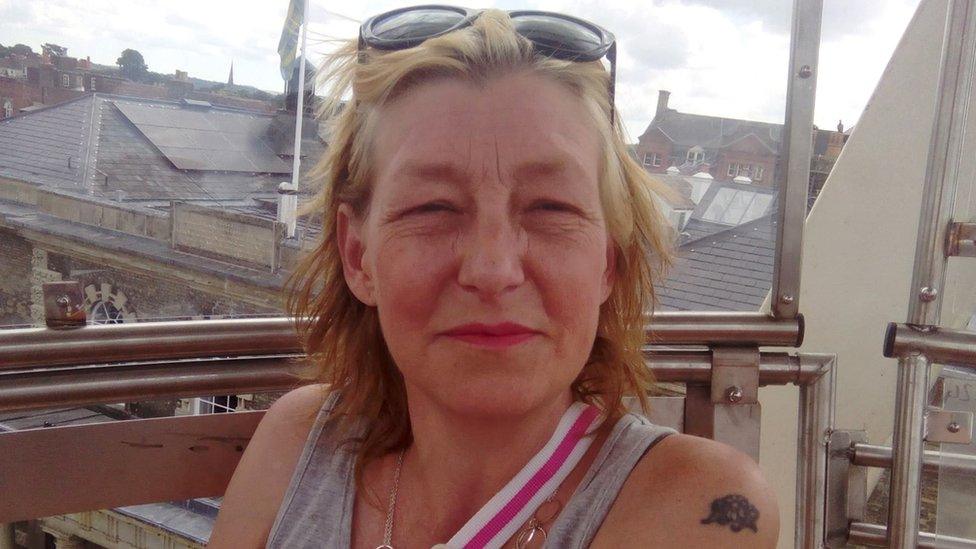
- Published14 July 2020
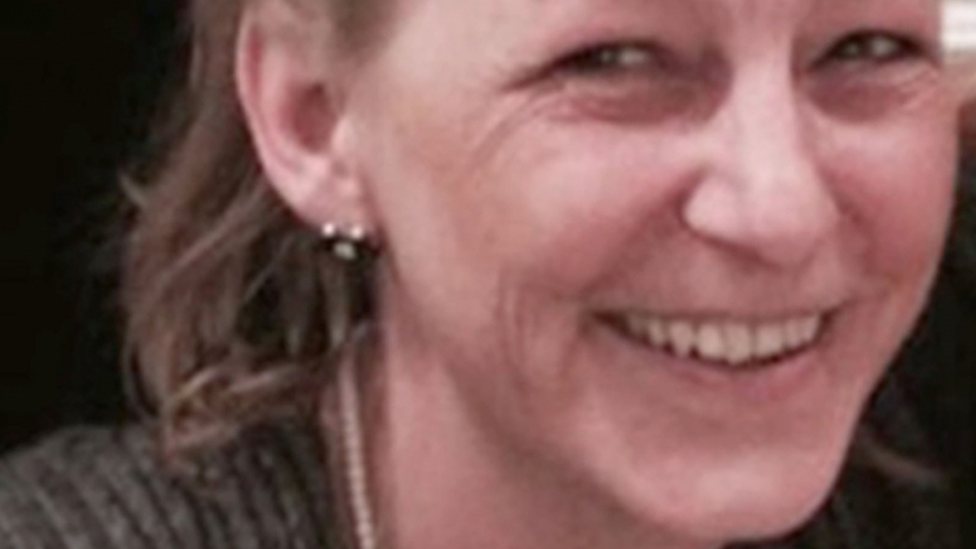
- Published9 June 2020
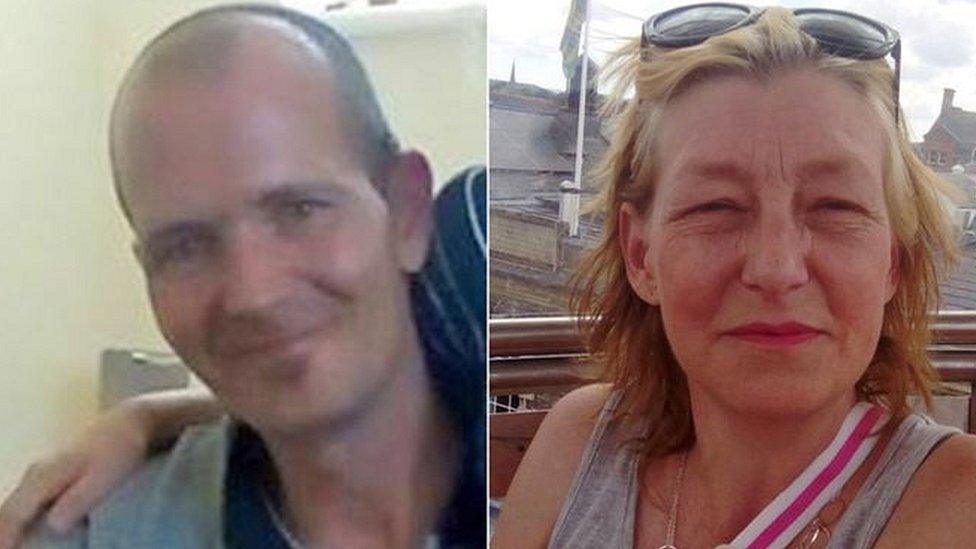
- Published30 July 2018
